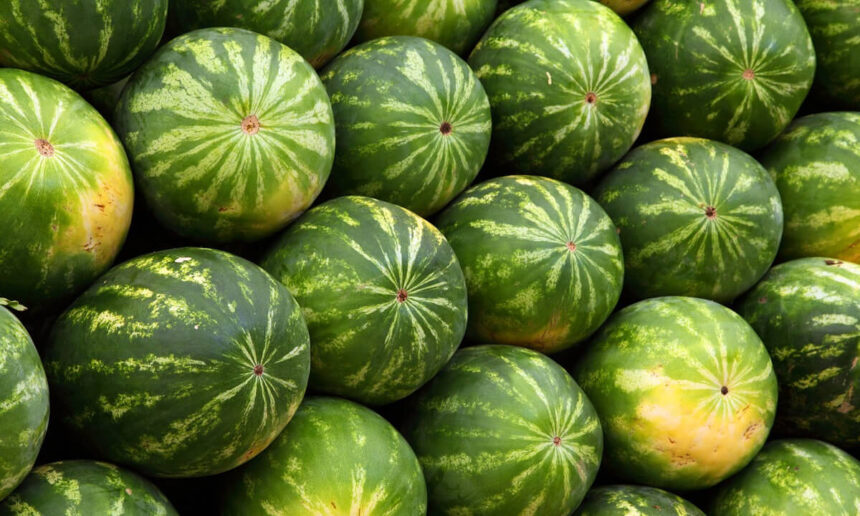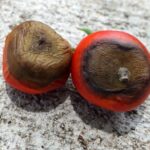There are many watermelon varieties in Kenya, but we solely focus on the market varieties in this post. This post assumes that you have some background knowledge of watermelon farming in Kenya. Therefore, we are not going into the nitty-gritty details of melon farming.
This post also assumes that your region/location meets all the optimum ecological requirements for watermelon farming. Let’s get started.
As you all know, watermelons require deep, well-drained, and light-textured soils with a PH range of 5.5-8.0. This means that melons do not tolerate heavy textured soils.
It is also important to note that excessive rainfall and cooler temperatures slow down the growth and maturity of watermelons.
Watermelon Varieties in Kenya
How to improve Watermelon yield per acre
The following is a takeaway for watermelon varieties in Kenya
- You can produce watermelons on a small-scale farm, i.e., under low-input farm systems
- Excessive use of Nitrogen-based fertilizers and irrigations delays the crop’s maturity and thus reduces the fruit quality.
- Open-pollinated watermelon varieties are better suited to dryland conditions.
- Melons usually respond well to high levels of input and good management practices.
- It is always best to maintain foliage coverage of fruit to avoid sunburn.
Now let us take a look at watermelon varieties that are available in Kenya
- Kito F1 – Seedco
- Zuri F1
- Charleston Grey
- Sugar Baby – by Royal Seed Company
- Crimson Sweet – by Royal Seed
- Sweet Rose F1 by Kenya seed
- Kubwa F1
- Julie F1 is also by Kenya Seed.
- Rose F1
- Sukari F1-Kenya seed company
- Asali F1-Royal seeds
So, what are the characteristics of some of the common varieties listed above?
Sukari F1
- Early to medium maturing
- Easy to store and transport.
- With a maturity period of 90 days, Sukari F1 has a characteristic oblong shape with an average weight of 7-8 kg.
- Rind color: light green with dark green stripes.
- Yield Potential: 25 – 35 tons/acre
Kito F1
- Suitable for open-field production
- Yield potential: 100-140 tons/ha
- Early maturing (70-90 days)
Charleston Grey
- Drought Resistant
- Average fruit weight:- 8-10Kg
- Best suited for a fresh market as it can withstand long transportation.
- Has a maturity period of 80-85 days.
- Charleston Grey is tolerant to Fusarium and Anthracnose.
- Has characteristic light green stripes with deep red flesh and a hard rind.
- Shape: Very elongated and oblong
Sugar Baby
- Maturity period: 120 days
- Round dark green to black fruit with deep red flesh
- Yield potential: 20-30 tons/acre with an average fruit weight of 4 kg.
- Sugar Baby fruits are lovely and juicy
Crimson Sweet
- Highly resistant to extreme heat and Root-knot Nematodes
- Average fruit weight: 7–9 kg.
- It has a distinctive light green rind with broad dark green stripes
- Yield potential: 25–30 tons/acre
- Maturity Period: 90 – 120 days.
Sweet Rose F1
- Long shelf life
- Sweet Rose fruits are oval to round in shape
- Average fruit weight: 10–12kg
- Their flesh is deep crimson red with a good texture.
- Maturity Period: 80 – 90 days.
Conclusion
Watermelon farming is a lucrative business, and you can choose from many watermelon varieties in Kenya.
We have highlighted some of the most common watermelons in Kenya and given you an overview of their characteristics.
If you are thinking of starting a watermelon farm, then make sure to consider the different varieties that we have mentioned in this post.







